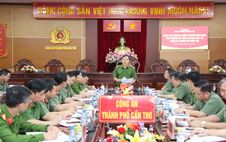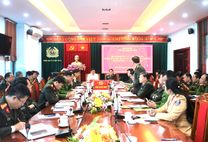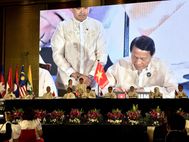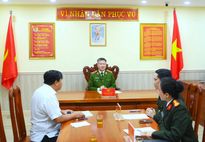
Vietnam, China strengthen counter-narcotics cooperation
The Counter-Narcotics Police Department under the Ministry of Public Security of Vietnam and the Narcotics Control Bureau of the Ministry of Public Security of China co-held the 10th Vietnam–China Bilateral Conference on Drug Prevention and Control Cooperation, on the morning of November 11 in Khanh Hoa province.
12/11/2025
Director of the Counter-Narcotics Police Department of Vietnam Major General Ngo Thanh Binh and Permanent Deputy Secretary General of the Chinese National Narcotics Control Commission and Director General of the Narcotics Control Bureau of the Ministry of Public Security of China Wei Xiaojun co-chaired the conference.
In his opening remarks, Major General Ngo Thanh Binh stated that, since the signing of the Memorandum of Understanding on cooperation in controlling narcotic drugs, psychotropic substances and precursors in 2009, the anti-drug cooperation mechanism between the two ministries has been firmly established and consistently strengthened by the relevant units of the two countries.
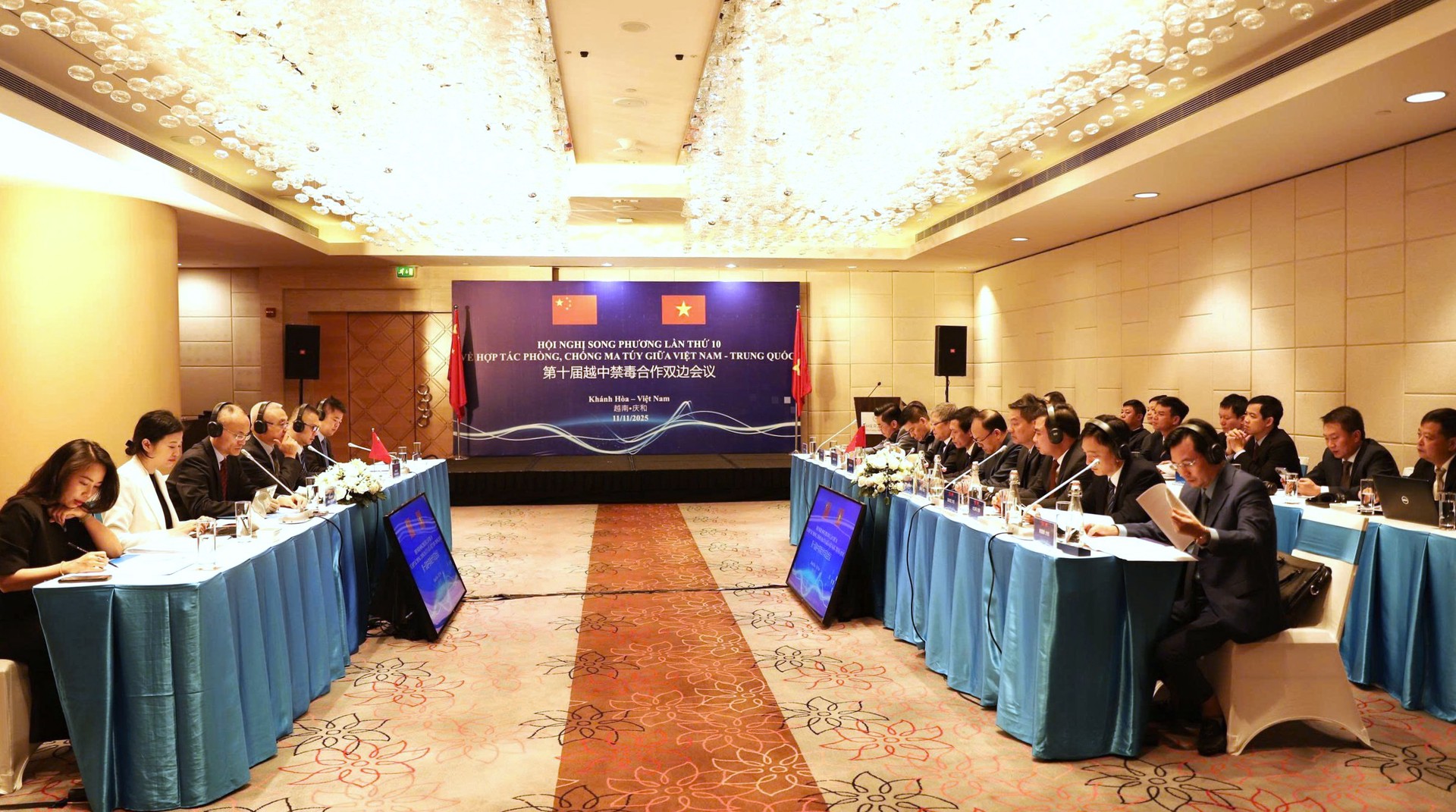
He noted that the two sides’ counter-narcotics forces have cooperated effectively and substantively, particularly in exchanging information, conducting joint investigation of cases, dismantling major drug-trafficking rings, arresting wanted fugitives, organizing training courses, sharing experience, and strengthening cooperation between their border liaison offices.
Major General Ngo Thanh Binh highlighted that the rapid spread of synthetic drugs, characterized by low production costs, easy transportation and widespread consumption, poses serious threats to public health, security, social order and economic development in each country.
Against this backdrop, he said, the two sides need to further enhance coordination to prevent and combat illicit drugs.
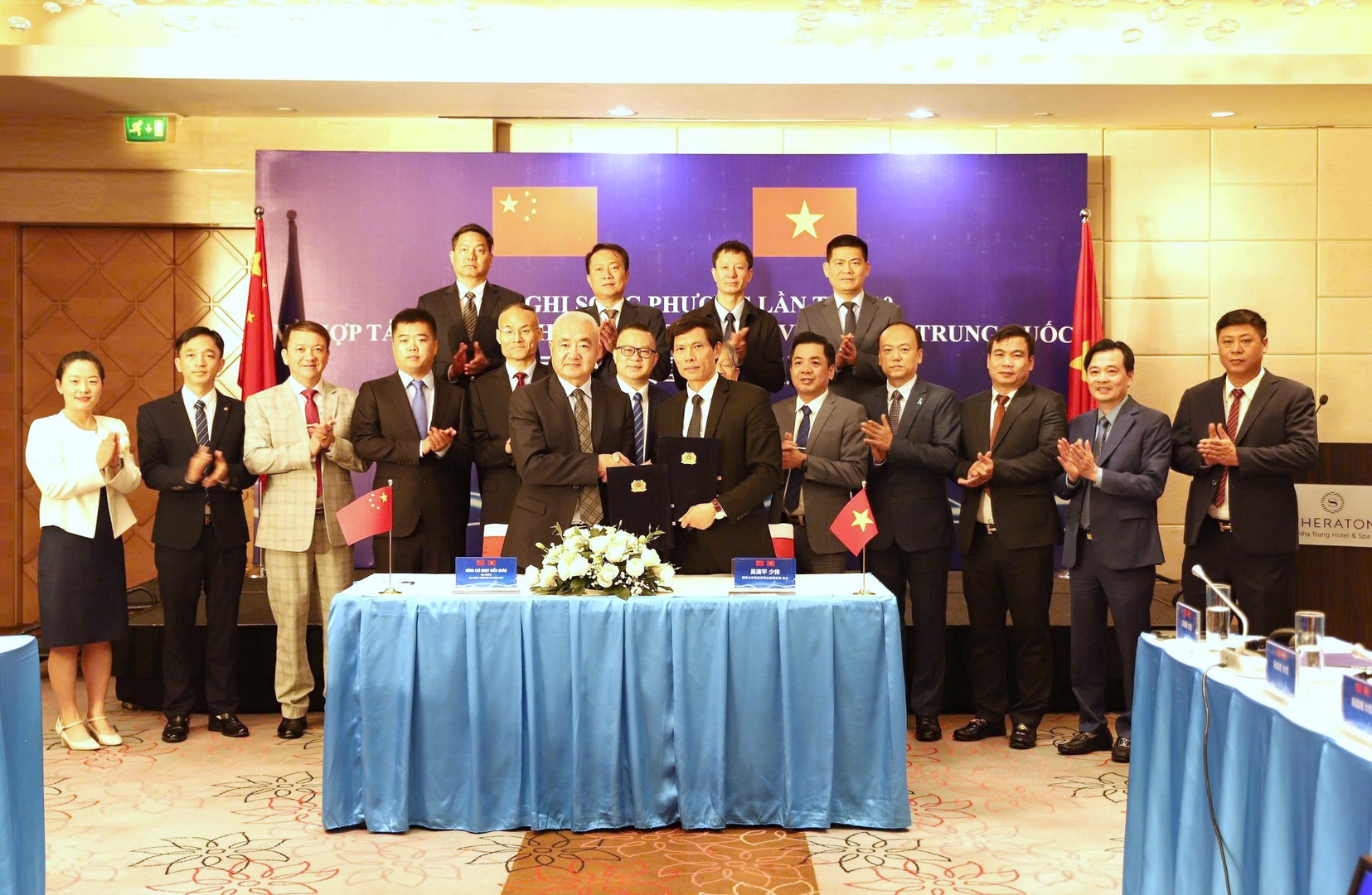
During the conference, delegates presented detailed reports on drug-control efforts in Vietnam and China over the past period, and exchanged hands-on experience in drug-prevention education, detoxification management and post-detoxification supervision.
Delegates also evaluated the results of bilateral cooperation since 2024, discussed existing challenges, and proposed concrete measures to effectively prevent the production, trafficking and smuggling of illicit drugs across the borderlines of the two countries in the coming time.
At the conclusion of the meeting, the two sides signed a Memorandum of Understanding on drug-control cooperation for 2026, reaffirming their commitment to strengthening joint efforts in preventing and combating drug-related crimes.

